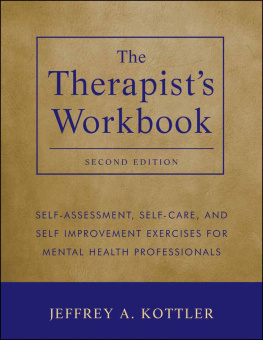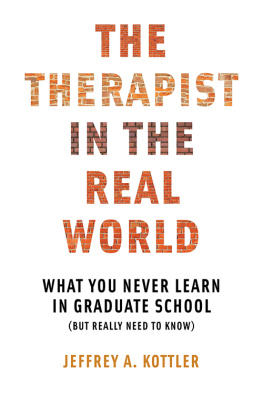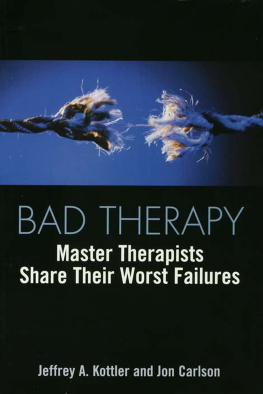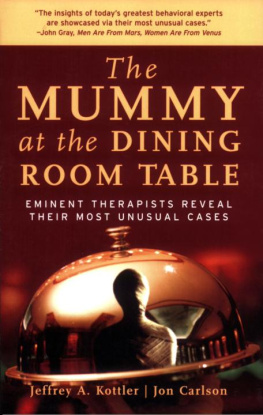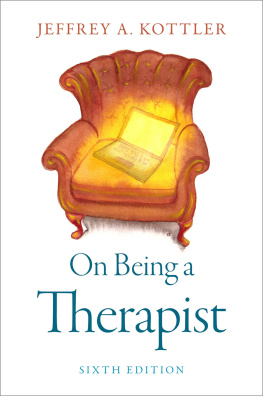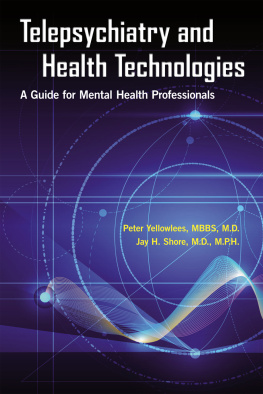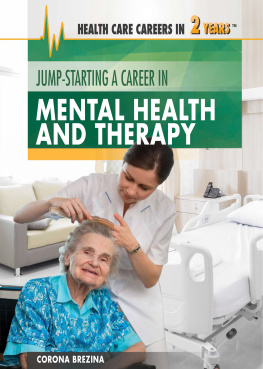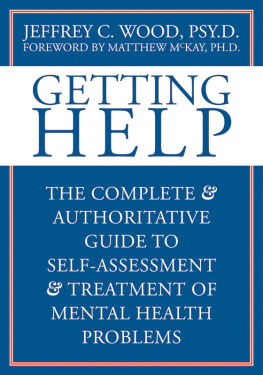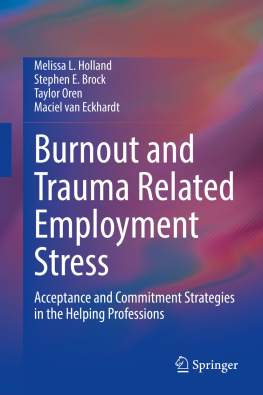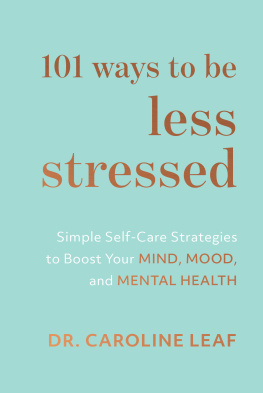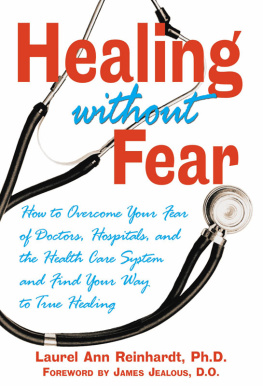Contents

Copyright 2012 by John Wiley & Sons, Inc. All rights reserved.
Published by John Wiley & Sons, Inc., Hoboken, New Jersey.
Published simultaneously in Canada.
No part of this publication may be reproduced, stored in a retrieval system, or transmitted in any form or by any means, electronic, mechanical, photocopying, recording, scanning, or otherwise, except as permitted under Section 107 or 108 of the 1976 United States Copyright Act, without either the prior written permission of the Publisher, or authorization through payment of the appropriate per-copy fee to the Copyright Clearance Center, Inc., 222 Rosewood Drive, Danvers, MA 01923, (978) 750-8400, fax (978) 646-8600, or on the web at www.copyright.com . Requests to the Publisher for permission should be addressed to the Permissions Department, John Wiley & Sons, Inc., 111 River Street, Hoboken, NJ 07030, (201) 748-6011, fax (201) 748-6008.
Limit of Liability/Disclaimer of Warranty: While the publisher and the author have used their best efforts in preparing this book, they make no representations or warranties with respect to the accuracy or completeness of the contents of this book and specifically disclaim any implied warranties of merchantability or fitness for a particular purpose. No warranty may be created or extended by sales representatives or written sales materials. The advice and strategies contained herein may not be suitable for your situation. You should consult with a professional where appropriate. Neither the publisher nor the author shall be liable for any loss of profit or any other commercial damages, including but not limited to special, incidental, consequential, or other damages.
This publication is designed to provide accurate and authoritative information in regard to the subject matter covered. It is sold with the understanding that the publisher is not engaged in rendering professional services. If legal, accounting, medical, psychological, or any other expert assistance is required, the services of a competent professional person should be sought.
Designations used by companies to distinguish their products are often claimed as trademarks. In all instances where John Wiley & Sons, Inc. is aware of a claim, the product names appear in initial capital or all capital letters. Readers, however, should contact the appropriate companies for more complete information regarding trademarks and registration.
For general information on our other products and services, please contact our Customer Care Department within the United States at (800) 762-2974, outside the United States at (317) 572-3993 or fax (317) 572-4002.
Wiley publishes in a variety of print and electronic formats and by print-on-demand. Some material included with standard print versions of this book may not be included in e-books or in print-on-demand. If this book refers to media such as a CD or DVD that is not included in the version you purchased, you may download this material at http://booksupport.wiley.com . For more information about Wiley products, visit www.wiley.com .
ISBN 978-1-118-02631-1; 978-1-118-11800-9 (eMobi); 978-1-118-11801-6 (ePub); 978-1-118-11799-6 (ePDF);
INTRODUCTION
It has long been my fervent belief that one of the most remarkable privileges of being a therapist is that we have so many opportunities to grow and learn as a result of our therapeutic work. When I first conceived the idea for this workbook, it was to create a structure for myself to help make sense of everything I was processing as a result of my interactions with clients (and colleagues). Throughout most of my career I have searched for as many ways as are available to apply to myself what I learn with and from my clients. This means being continuously reflective, not only about the clinical work itself, but also how it impacts and influences me personally. There isnt a week that goes by that I dont learn something significant about myself; often this is the result of being challenged by clients, students, and supervisees who ask me, in so many ways, whether I truly practice what I preach in my own life.
I developed many of the exercises in this workbook as a way to help me to assess and monitor the changes I have experienced throughout my life, not only as a professional, but as a person who tries very hard to live what I teach to others. Perhaps like you, I have read numerous books about therapy but find that many of the ideas and lessons dont stick for very long. Thus, my intention was to create a reading experience that was far more interactive and engaging, one that requires you to personalize the content and respond so that, at the end, you have a written record of your own development as a professional.
Why Read This Book?
You are reading this book for a good reason. It may have been given to you or assigned to you, or it may have caught your attention because it promises to help you look critically and honestly at your chosen path as a therapist, as well as the implications of this choice. Furthermore, this is not exactly a book that you will read as much as one you will participate in, through your own active contributions. In that sense, then, you are the author of this book because it requires you to write your own narrative, tracking your personal aspirations and professional conduct. I am merely your guide through this process.
During the journey that follows I encourage you to identify and examine what you enjoy most and least about your work, and then set goals and structure plans accordingly to make what you do more professionally effective and personally fulfilling. Even if you are mostly content with your work, this process will help you become more aware of what you do that is most helpful to others and most satisfying to you.
There are several reasons that a workbook for therapists might appeal to you: First, you might be new to the field and interested in learning more about the inner world of helping others, especially about the realities of therapeutic practice. Or you might be a veteran concerned with the stress you face on a daily basis, and are seeking to build more pleasure into your work. I must say that after 35 years of practice, often I find it becomes harder (not easier!) to remain energized and focused on what I do. I become tired doing or saying the same things over and over. I sometimes feel bored just listening to myself, sick of my same old stories. Whereas once upon a time every new client was an exciting adventure and every new clinical problem was an interesting challenge to negotiate, it now seems I am reliving the same sessions over and over again. Obviously, this is a clear sign that I have work to doand that is what led me to revisit many of the questions I pose and exercises I present in this workbook.
One difficulty in structuring an experiential journey for therapists is that practitioners work in such varied settingselementary and secondary schools, community agencies, orphanages, charitable organizations, substance abuse centers, hospitals, clinics, mental health centers, crisis centers, universities, government or military agencies, corporations, private practices. (That, by the way, is a list of all the places that Ive worked!) Each setting has its unique challenges. For example, those in private practice may have yearned for a sense of autonomy and independence but now feel isolated and torn between their roles as professionals and entrepreneurs, especially during tough economic times. Those frontline social service professionals may enjoy the companionship of colleagues but also have to deal with the most serious, intractable, crisis-oriented cases, often working in less-than-ideal conditions, and with limited resources.
Next page
